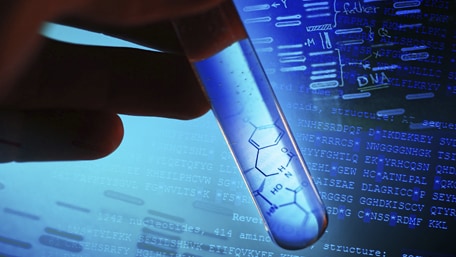In a recent article written by Dennis Thompson, written in the U.S. News and World Report, he describes a recent study undertaken by researchers at Harvard and MIT that utilized genetic testing to predict a patient's risk for 10 major medical conditions. These conditions included: atrial fibrillation, breast cancer, kidney disease, heart disease, high cholesterol, prostate cancer, asthma, type 1 and type 2 diabetes and obesity.
The study was able to predict people's risk by assigning a risk score calculated by analyzing genes associated with the conditions in a diverse group of 2,500 people. Researches also used data from a federally funded research program known as All of Us. This dataset included over 1 million people including a sizeable percentage of people from backgrounds other than European. Due to the success of this study, the tests are now being used to evaluate the risk of 25,000 patients in 10 academic medical centers across the United States. These academic medical centers are all a part of the Electronic Medical Records and Genetics network, meaning that the data they gather will be share across the scientific community in order to further advance the fields of genetics and medicine.
I believe that this article is important because it highlights new advancements in predicting major medical conditions. Although not all of these medical conditions are deadly, many of them can be life threatening which is why it is important to catch them early. By catching these conditions before they arise it is easier to prevent them and treat them effectively, providing patients with the best possible care.

This brings a lot of light to incredible new research that shows how genetic testing is revolutionizing medical risk prevention. This advancement offers early detection and proactive treatment opportunities which is super important. I know some diseases do run in my family and knowing that their are revolutionary advances in medicine is comforting.
ReplyDelete